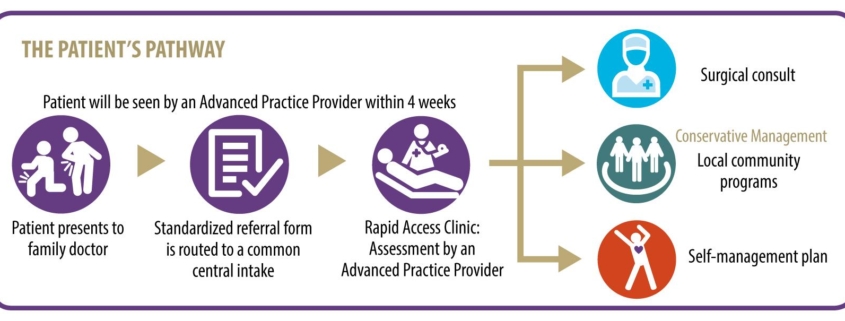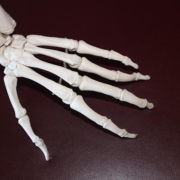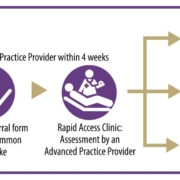Surgery for MSK Conditions: When is it Necessary?
Surgery for MSK Conditions: When is it Really Necessary?
Nobody wants to have surgery. It can be a big decision with a significant recovery period. When it comes to musculoskeletal (MSK) conditions – affecting your muscles, bones, joints, tendons, and ligaments – surgery is often seen as a last resort. But how do you know when it’s truly necessary?
This article will explore when surgery might be the best option for treating MSK conditions and, importantly, what you can do to potentially avoid it altogether.
Understanding Your Options: It’s Not Always About the Scalpel
The good news is that many MSK conditions can be effectively managed – and even fully healed – without surgery. Here’s what your doctor might recommend first:
Lifestyle Modifications: Simple changes to your daily routine can make a big difference. This might include:
Weight Management: Losing even a small amount of weight can significantly reduce stress on your joints.
Activity Modification: Adapting your exercise routine or finding low-impact alternatives can protect your joints from further injury.
Physical Therapy: A personalized exercise program can strengthen muscles, improve flexibility, and alleviate pain.
Medications: Over-the-counter pain relievers or prescription medications can help manage pain and inflammation.
Injections: Corticosteroid injections can provide temporary pain relief and reduce inflammation in specific areas.
When Surgery Becomes the Best Path Forward
While conservative treatments are often the first line of defense, there are situations where surgery becomes the most viable option for long-term relief and improved quality of life. Here are some common scenarios:
Severe Pain That Doesn’t Respond to Other Treatments: When pain significantly impacts your daily activities and conservative treatments haven’t provided sufficient relief, surgery might be necessary.
Significant Joint Damage: Conditions like osteoarthritis or rheumatoid arthritis can cause irreversible joint damage. In such cases, surgery to repair or replace the joint might be the best way to restore mobility and function.
Instability or Deformity: Injuries or conditions that cause joint instability or deformity can significantly limit movement and increase the risk of further damage. Surgical intervention can help stabilize the joint and improve alignment.
Nerve Compression: Conditions like carpal tunnel syndrome or spinal stenosis can put pressure on nerves, causing pain, numbness, and weakness. Surgery can relieve this pressure and prevent permanent nerve damage.
Tumors: While rare, tumors affecting the musculoskeletal system might require surgical removal.
Prevention is Key: Taking Charge of Your MSK Health
While not all MSK conditions are preventable, there are many things you can do to keep your muscles, bones, and joints healthy and strong:
1. Stay Active, Safely:
Choose Activities You Enjoy: Find activities you like and stick with them. Walking, swimming, and cycling are great low-impact options.
Warm Up and Cool Down: Always take time to prepare your body for exercise and allow it to recover afterward.
Use Proper Form: Whether lifting weights or playing sports, using correct technique is crucial for preventing injuries.
Listen to Your Body: Don’t push through pain. Rest when you need it and gradually increase the intensity and duration of your workouts.
2. Fuel Your Body Right:
Calcium and Vitamin D: These nutrients are essential for strong bones. Include calcium-rich foods like dairy products, leafy greens, and fortified foods in your diet.
Protein: Adequate protein intake is crucial for muscle growth and repair. Good sources include lean meats, poultry, fish, beans, and lentils.
3. Practice Good Posture:
Be Mindful of Your Alignment: Whether sitting, standing, or lifting, pay attention to your posture.
Take Breaks: If you sit for long periods, get up and move around every 30 minutes.
4. Listen to Your Body’s Signals:
Don’t Ignore Pain: Pain is your body’s way of telling you something is wrong. Seek medical attention if pain persists or worsens.
* Early Detection is Key: Early diagnosis and treatment of MSK conditions can often prevent them from progressing and potentially requiring surgery.
Taking the Next Step: Your MSK Health Matters
Remember, you are your best advocate when it comes to your health. By making healthy choices, staying informed, and working closely with your healthcare provider, you can take proactive steps to maintain strong, healthy muscles, bones, and joints – potentially avoiding surgery and enjoying an active life for years to come.
For more information on specific MSK conditions and treatment options, visit the [relevant section of your website] or consult with a qualified healthcare professional.









